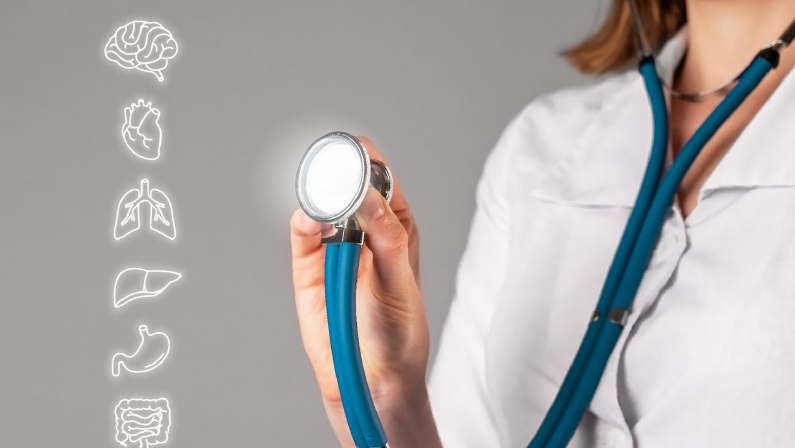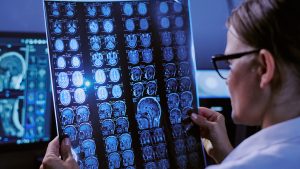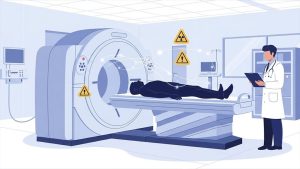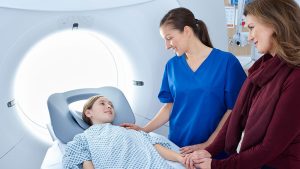In the bustling rhythm of our daily lives, health often takes a backseat, only coming into focus when ailments arise.
However, the adage “prevention is better than cure” highlights the importance of proactive measures for health maintenance.
A full body checkup serves as a crucial tool in this proactive approach, offering a snapshot of your overall health and identifying any underlying issues before they escalate into significant problems.
The Importance of Full Body Checkups

Regular full body health checkups are vital for several reasons. Firstly, they can detect diseases and conditions early when they are more manageable and treatments can be more effective.
They also help in monitoring your health status, pinpointing risk factors for common chronic diseases, and providing a roadmap for a healthier lifestyle through personalized advice.
Moreover, these checkups can offer peace of mind or prompt necessary changes in lifestyle to mitigate potential health risks.
What is a Full Body Check-up?
A full body check-up is a comprehensive health assessment designed to evaluate your overall health status.
It typically includes a series of tests such as blood and urine analysis, imaging tests like X-rays and ultrasounds, and screenings for cardiovascular risk, diabetes, liver and kidney function, and more.
These check-ups may also assess lung function, hormonal imbalance, nutritional deficiencies, and the presence of any infectious diseases.
Tailored to each individual’s age, sex, health status, and family history, the components of a full body checkup can vary significantly, aiming to provide a complete picture of one’s well-being.
This holistic approach to self-care is mirrored in the world of aesthetic enhancements, where personalized Beauty treatments are also considered.
Reputable coordinators such as Cos Medconnect specialize in creating tailored plans that align with an individual’s goals, completing their overall picture of health and confidence.
Role of Imaging in Full Body Check-ups
Imaging technologies play an indispensable role in full body check-ups. Techniques such as X-rays, MRIs, CT scans, and ultrasounds offer detailed insights into the body’s internal state, revealing information not obtainable through physical examinations and blood tests alone.
These imaging tests can detect abnormalities like tumors, bone issues, heart conditions, and other internal organ disorders early, facilitating timely intervention.
The choice of imaging depends on the specific areas of concern and is guided by medical history and the initial findings of the checkup.
Embracing regular full body checkups is a cornerstone of preventive healthcare. By identifying potential health issues early and providing actionable insights into maintaining a healthier lifestyle, these comprehensive assessments are invaluable tools in the journey towards sustained wellness.
An In-Depth Look at Imaging in Full Body Checkups
As medical technologies rapidly evolve, imaging tests have unequivocally transformed the landscape of disease diagnosis and monitoring. These tests are indispensable parts of a full body checkup price, offering detailed insights into the state of our internal health.
X-ray
X-rays, one of the most common imaging methods used in medical diagnostics, create images of structures within the body, particularly bones.
They’re pivotal for diagnosing fractures, lung conditions such as pneumonia or tuberculosis, and detecting abnormalities in the digestive system. X-rays also can identify infections, blockages, or tumors, contributing to a comprehensive assessment of one’s health.
CT Scan
CT scans or Computed Tomography scans are like sophisticated X-rays. They offer a closer, more detailed look at the body’s internal structures by providing cross-sectional images.
CT scans play a crucial role in identifying issues such as tumors, blood clots, or signs of infection, and can also assess bone strength and organ integrity.
MRI
MRI (Magnetic Resonance Imaging) uses magnetic fields and radio waves to create detailed images of organs, tissues, and structural components in the body.
Unlike X-rays and CT scans, MRIs offer an unparalleled view of soft tissues such as the brain, spinal cord, and joints, proving invaluable in detecting conditions like tumors, stroke, ligament tears, and more.
Ultrasound
Ultrasound employs sound waves to visualize organs inside the body. It’s a safe and non-invasive technique commonly used in pregnancies but is also crucial in diagnosing conditions related to the liver, kidney, gallbladder, heart, and blood vessels.
Investing in Health: The Benefits of a Full Body Checkup with Imaging
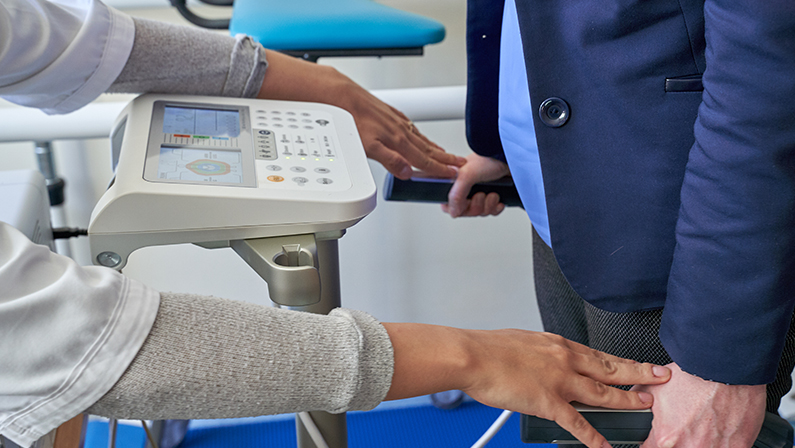
A comprehensive health assessment that includes imaging tests is an investment in your overall wellness.
Early Detection of Potential Health Issues
Full body checkups with imaging can reveal anomalies at their early stages when they are easier to manage and potential treatments can be more effective.
Monitoring Existing Health Conditions
A health checkup does not only help in identifying new conditions; it’s also pivotal in monitoring existing ones, allowing for any necessary adjustments in treatment.
Providing a Baseline for Future Health Comparisons
A comprehensive checkup provides a baseline that can be used for comparisons in future health examinations, offering a context-rich interpretation of your health evolution.
Addressing Health Concerns and Promoting Peace of Mind.
Full body checkups, replete with advanced imaging, address health anxieties, offering reassurances or equipping you with the information needed to make proactive changes to your lifestyle.
Making Health a Priority with One Step Diagnostic

In conclusion, embracing medical advancements helps us orchestrate a vigilant symphony toward sustained well-being.
And One Step Diagnostic, a leading provider of imaging services, is here to guide you on this journey.
Backed by state-of-the-art equipment and a team of experienced professionals, One Step Diagnostic is committed to giving you a comprehensive outlook on your health, empowering you to take one step at a time towards a healthier future.

